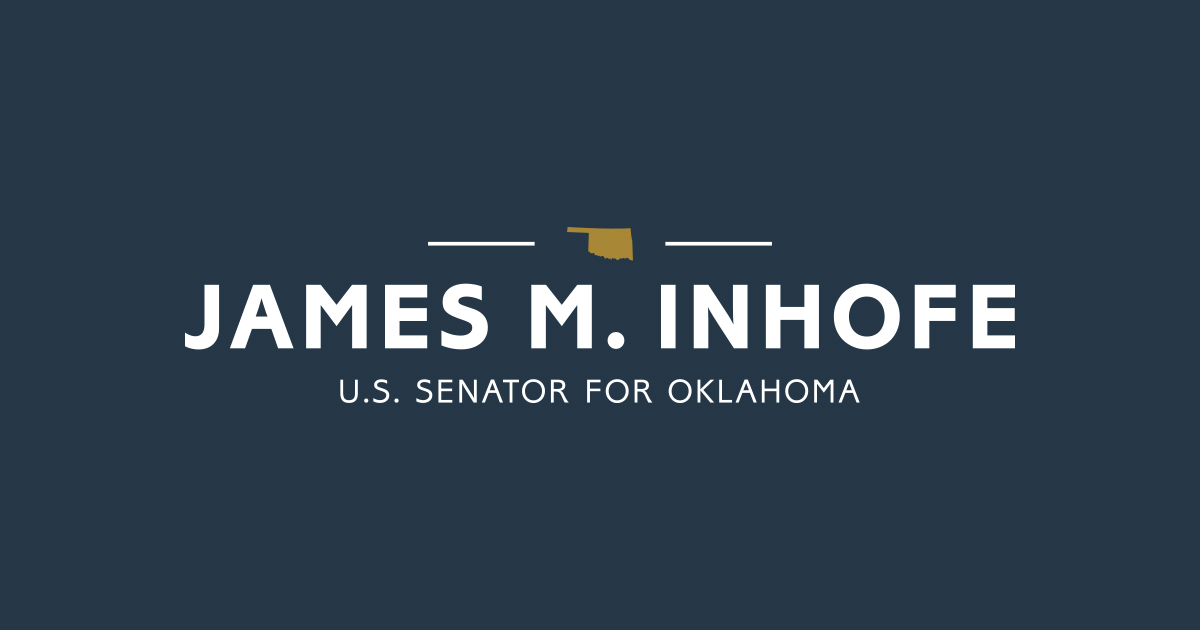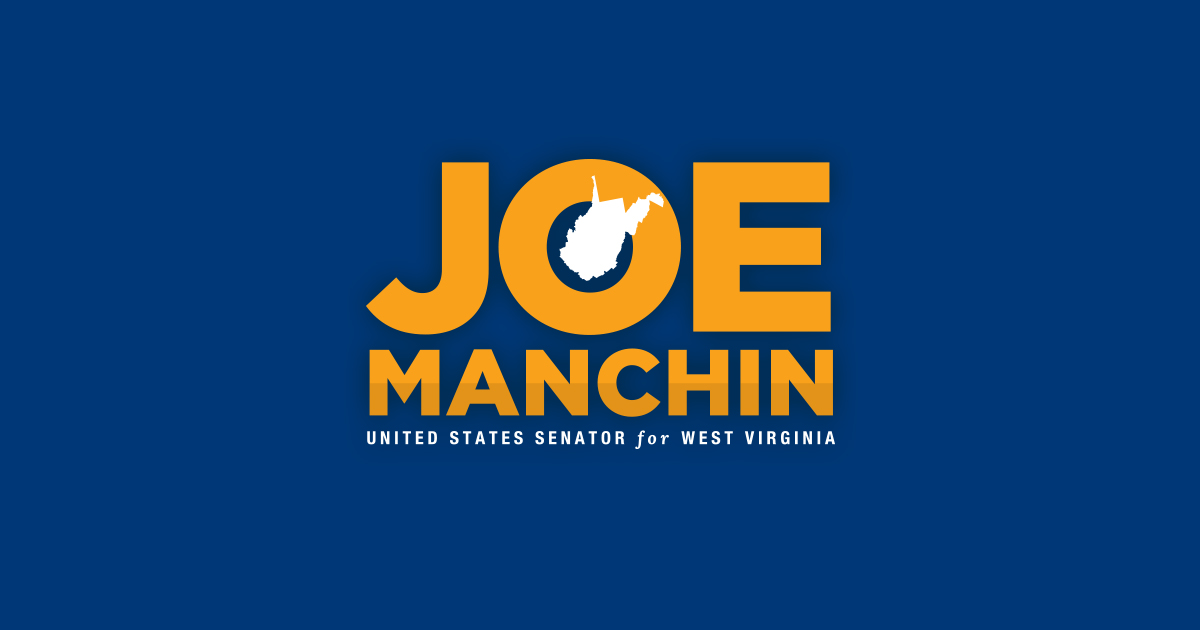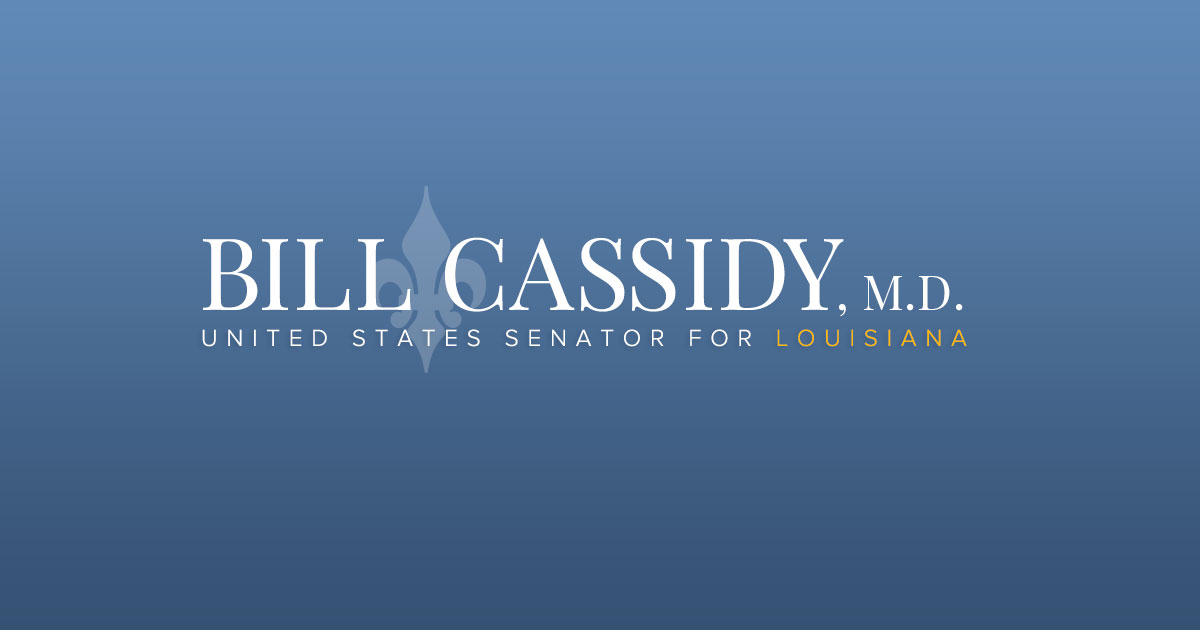Source: United States Senator for Delaware Christopher Coons
TAIPEI – U.S. Senator Chris Coons (D-Del.), a member of the Senate Foreign Relations Committee, along with Senators Tammy Duckworth (D-Ill.), who served in the Reserve Forces for 23 years and is a member of the U.S. Senate Armed Services Committee (SASC), and Dan Sullivan (R-Alaska), member of SASC and a Colonel in the U.S. Marine Corps Reserve, travelled to Taiwan to underscore U.S. support for Taiwan, including on combatting the COVID-19 pandemic. They highlighted the fact that the U.S. will donate 750,000 COVID-19 vaccines to Taiwan as part of President Biden’s plan to provide vaccines to our global partners in need.
“Since taking office, President Biden has demonstrated his commitment to vaccinating all Americans. We have made dramatic progress, vaccinating more than 170 million Americans and securing an abundant supply for our population. Given the risk posed by new variants, no one is safe from this virus until the world is safe. It’s critical that we scale up U.S. contributions of our highly effective vaccines to international partners that need them to keep COVID-19 from spreading unchecked, prevent new variants from emerging that could once again put our population at risk, and bolster our global economic recovery,” said Senator Coons. “I am proud to work with the Biden administration and Senators Duckworth and Sullivan to announce this allocation of vaccines to our friends in Taiwan and demonstrate the United States’ commitment to ending COVID-19 once and for all.”
“For over a year, we’ve seen that COVID-19 strikes without regard to national borders—and we know we won’t be able to truly end the COVID-19 pandemic at home without ending it everywhere,” said Senator Duckworth. “After several weeks of conversations between each of us and White House officials, I’m pleased to help announce that Taiwan will be receiving 750,000 doses of the vaccine as part of the first tranche of doses. This contribution from the United States also reflects our gratitude for Taiwan’s efforts to send PPE and other supplies to America in the early days of the pandemic. I will continue working to support the people of Taiwan and make sure they get what they need to reach the other side of this pandemic.”
“Over twenty-five years ago, I was deployed as part of an U.S. Marine Corps amphibious task force to the Taiwan Strait during a very challenging and critical time for Taiwan’s democracy,” said Senator Sullivan. “America’s presence then was in response to Chinese provocations on the eve of the presidential election in Taiwan and it demonstrated American commitment and resolve. Today’s bipartisan Senate delegation visit to Taiwan is yet another demonstration of that continued commitment to our friends and partners in this critical area of the world, as well as a reminder of how the United States’ presence over the past several decades has been instrumental in the development of security, prosperity and democracy throughout the Indo-Pacific region. It is also a demonstration that, in spite of a global pandemic emanating from China — characterized by a lack of transparency and lack of international cooperation from the Chinese Communist Party — the United States, by contrast, is committed to working in a constructive and open manner with our friends, allies and partners to bring healing and relief with effective vaccines that benefit our own citizens, as well as others throughout the world. I want to thank my colleagues, Senators Duckworth and Coons, as well as the elected leaders and citizens of Taiwan, for their continued commitment to the advancement of security, democracy and health and prosperity throughout the Indo-Pacific region.”
During their visit, the senators met with President Tsai Ing-wen, Foreign Minister Joseph Wu, and Defense Minister Chiu Kuo-cheng. Throughout these meetings, the senators sought to better understand Taiwan’s needs on COVID-19 so they could carry messages back to Washington. In addition to the pandemic, the senators discussed the economic and security partnership between the U.S. and Taiwan. They noted there is much we can do together to advanced our shared prosperity, security and values.
On June 3, the administration announced its framework for sharing at least 80 million U.S. vaccine doses globally by the end of June and the plan for the first 25 million doses. Taiwan is included in first tranche of donations.
###






